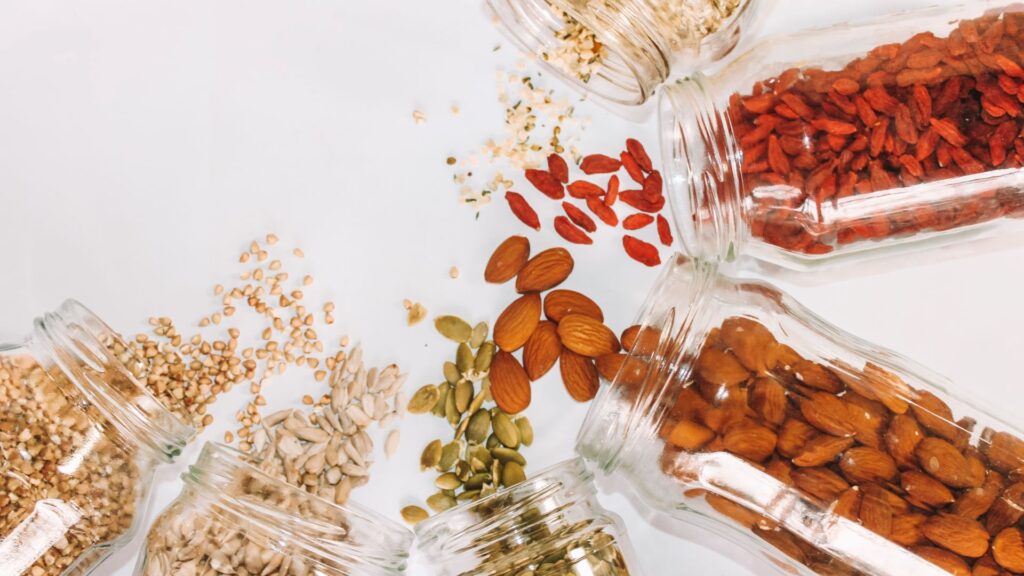
Undergraduate Nutrition, Food and Health
Biology, food science, sociology, psychology; nutrition brings many subjects together to understand the pivotal role food and exercise play in leading a healthy life and preventing ill health. What nutrients do our organs need? How do we educate people about holistic health and wellbeing? Can food prevent disease? Answer these key questions and more at Edge Hill. In our food skills area and our biosciences labs, you’ll test how certain foods are produced, investigate their properties and conduct sensory evaluations.
Because our course is accredited by the Association for Nutrition, you can register as an associate nutritionist when you graduate. Complete a placement or join research projects as a student to prepare for jobs with the NHS, in health promotion, the food industry and more.
Top 10 in the UK for student experience (Times and Sunday Times Good University Guide 2024 – Food Science).
Explore current research and initiatives to promote health and prevent ill health. Learn in our professional food skills area and science lab as well as using specialist equipment - from sphygmomanometers to bariatric suits.
100% of our nutrition students are employed or in further study 15 months after graduation (Graduate Outcomes data released 2023 from 2020/21 graduates).
Ready to apply? Find out more about applying to UCAS, the application process and how to get in touch if you've got any questions.
Apply now
Subject Video
Discover Nutrition and Health at Edge Hill University
Can food prevent disease? What nutrients do our organs need? How do we educate people about holistic health and wellbeing? Answer these key questions and more at Edge Hill.Facilities
A professional food science laboratory and kitchen space enables Nutrition students to undertake a variety of practical work with foods in a purpose-built environment.
This dedicated space and the University’s modern Biosciences laboratories are used to test how certain foods are manufactured and produced, investigate the physical properties of food, and conduct sensory evaluations. You will also have opportunities to participate in enterprise initiatives and research activity using the Nutrition facilities.
Learning resources for Nutrition students include sphygmomanometers (for measuring resting blood pressure to indicate cardio vascular risk), bariatric and geriatric suits to experience physical and mobility restrictions, wrist-based global positioning systems (garmin devices) that measure exercise duration, energy expenditure and heart rate, and actigraphs which estimate exercise intensity and track sleep quality and duration.




